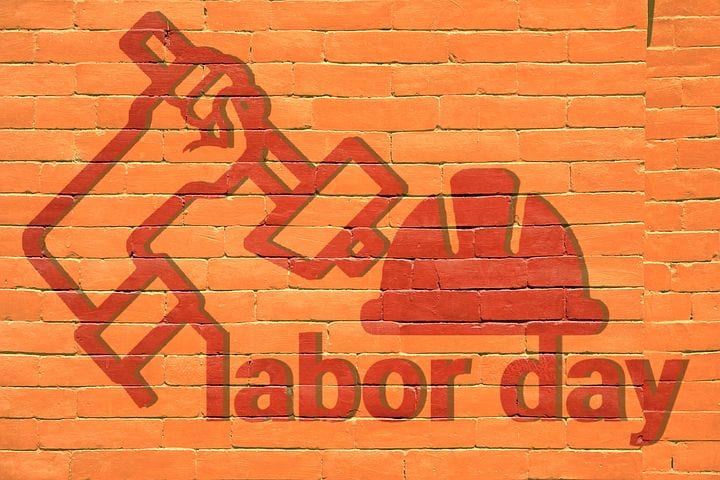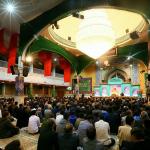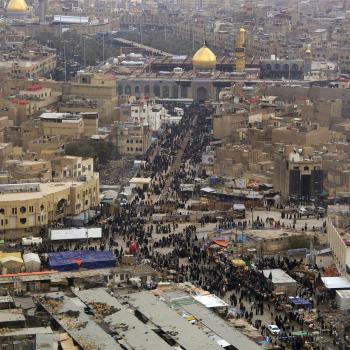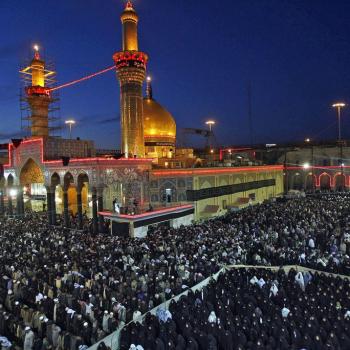 Labor Day was created by the labor movement in the late 1800s who fought against dismal working conditions. It is a national tribute to the contributions workers have made to the economic strength and prosperity of our country. The Islamic commandment to treat labor force fairly dates back to the early 600s CE.
Labor Day was created by the labor movement in the late 1800s who fought against dismal working conditions. It is a national tribute to the contributions workers have made to the economic strength and prosperity of our country. The Islamic commandment to treat labor force fairly dates back to the early 600s CE.
The first Labor Day holiday was celebrated actually on a Tuesday on September 5, 1882 in New York City in accordance with the plans of the Central Labor Union. In 1884 the first Monday in September was selected as the holiday.Ten years later, Congress passed an act making the first Monday in September of each year a legal holiday in the District of Columbia and the territories.
The rights of workers didn’t begin to emerge until the organized labor in the late 1800s. Workers were exposed to poor working conditions and long hours. There was a huge gap between the employees and the employers in terms of living standards and equality.
 Though the working conditions have improved quite a bit since then, many labor issues remain in America and around the world, including child labor, low minimum wages and income disparity between men and women- to name a few.
Though the working conditions have improved quite a bit since then, many labor issues remain in America and around the world, including child labor, low minimum wages and income disparity between men and women- to name a few.
Islam, through the actions of Prophet Muhammad recognized the rights of the workers some 1400 years ago. These rights are manifestations of belief that God created man as equals at all levels. Exploitation of workers is viewed as a form of abuse and injustice. Fair treatment of the labor force is highly emphasized (though sadly we do see these abuses in the Muslim world in direct contradictions to the teachings of Islam and prophet Muhammad.)
Fulfill the measure and weight and do not deprive people of their due and cause not corruption upon the earth after its reformation. The Qur’an 7:85
There are numerous examples of Prophet Muhammad emphasizing the rights of the workers to his followers. In fact at the very beginning, the slaves such as Bilal, were given the same equal status as the elites of Mecca- something the Meccans despised deeply. All mankind is considered equal in status and the one thing that distinguishes them is their level of piety and good deeds.
All mankind is from Adam and Eve, an Arab has no superiority over a non-Arab nor a non-Arab has any superiority over an Arab; also a white has no superiority over a black nor a black has any superiority over a white – except by piety and good action. Prophet Muhammad-last sermon
There are numerous other teachings of Prophet Muhammad related to fair treatment of workers. Here is a small sample.
Your employees are your brothers upon whom Allah has given you authority, so if a Muslim has another person under his control, he/she should feed them with the like of what one eats and clothe them with the like of what one wears and you should not overburden them with what they cannot bear and if you do so, help them in their jobs.
You should pay the laborer his wages before his sweat dries. Sunan Ibn Mâjah (2443).
Whoever oppressed another for a hand span measure of land will have a collar of seven lands placed around his neck on the Day of Judgment.
Whoever employs someone to work for him, he must specify for him his wage in advance.
These principles for fair treatment of labor were established some 1400 years ago.
Whoever lightens the work of his workers will have the reward on his scales. I will be an opponent to three types of people on the Day of Resurrection: one who makes a covenant in My name but proves treacherous; one who sells a free person and eats his price; and one who employs a worker and takes full work from him but does not pay him for his labor. (Al-Bukhari).
The employees are viewed as brethren in humanity and should be treated with respect. The odds are that if we see the employees as equal in humanity, while honoring the basic human rights and dignity, the workers will be treated justly, without taking undue advantage.
If only the employers keep these seemingly simple principles in mind, the world would be a different (and better) place.












